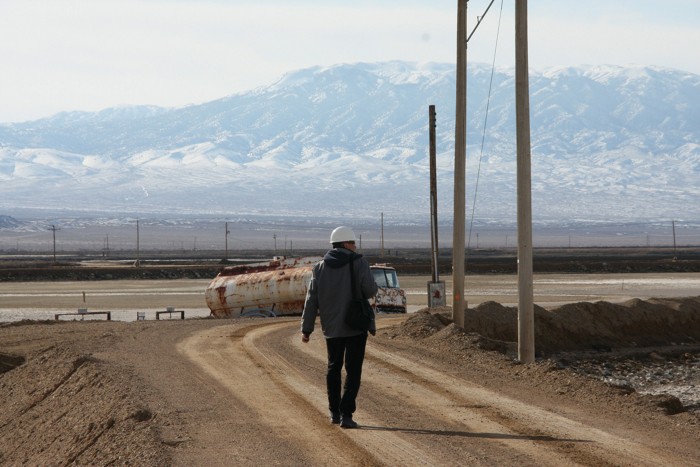Western Australia may ask BHP, Rio to cash out iron ore levy
by Chris Bourke and Rebecca Keenan
Western Australia may ask Rio Tinto Group and BHP Billiton Ltd. to pay potentially billions of dollars to end a mining rent tax to help patch a budget decimated by lower commodity prices.
The state government is seeking advice on a proposal that would see the nation’s two biggest miners pay out an iron-ore levy early in a one-off lump sum, State Premier Mark McGowan said Sunday. The opposition National Party last week said in parliament that such a plan could raise as much as A$4 billion ($3 billion) for the state, which hosts the giant Pilbara iron ore mines.
“We have a very major budget issue in Western Australia and it’s quite catastrophic,” McGowan told reporters in Perth. “We’re looking at many options as to how to address that. One of the options that has been suggested obviously is whether or not there is a buyout of the lease rental fee.”
Western Australia’s Labor administration, which ousted a Liberal-National coalition in March, faces a daunting task in turning around its economy. The government has previously said that erasing a debt mountain of more than A$30 billion will take decades.
Instead of increasing the miners’ rental payments levied on iron ore, currently fixed at 25 Australian cents a ton, the companies would be asked to pay them out in advance under the potential plan. The proposal has so far received a lukewarm response from BHP and Rio, who fought against a National Party proposal to boost the levy to A$5 a ton during the election campaign.
No Discussions
“We are not in talks with the Western Australia government” on the payout proposal, a BHP spokeswoman said on Sunday. “BHP has paid about A$11 billion in royalties to the Western Australia government in the past decade.”
“Rio Tinto has not had any formal discussions with the Western Australian government about paying out the iron ore lease rental charge,” said a Rio Tinto spokesman. “Rio Tinto has previously rejected the payout proposal.”
The buyout plan would involve a lengthy process of negotiations, said McGowan. It would require agreement from both the state and the companies, and the federal government would also have to agree to the payment being exempt from the goods and services tax distribution system, he said.
“We’ll only look at these things if it’s in the interests of taxpayers. If the taxpayers get a good deal out of it, then that’s something that we could consider. But if the taxpayers don’t get a good deal out of it, then we won’t do it.”
{{ commodity.name }}
{{ post.title }}
{{ post.date }}


Comments